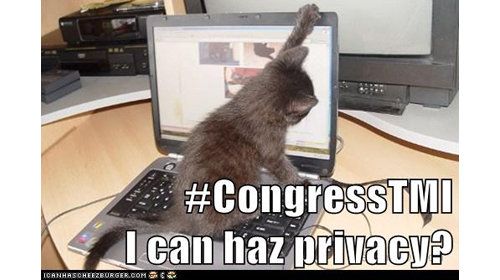“Punting the Pundits” is an Open Thread. It is a selection of editorials and opinions from around the news medium and the internet blogs. The intent is to provide a forum for your reactions and opinions, not just to the opinions presented, but to what ever you find important.
Thanks to ek hornbeck, click on the link and you can access all the past “Punting the Pundits”.
Follow us on Twitter @StarsHollowGzt
The Sunday Talking Heads:
Up with Steve Kornacki:Joining Steve will be: Jordan Fabian, Political editor at Fusion; Lorella Praeli, a director of advocacy and policy for United We Dream; Ryan Enos, a political scientist and assistant professor of government at Harvard University; Judy Pino, communications director for the conservative Hispanic group the LIBRE Initiative; Rev. William Barber, president, North Carolina NAACP; Gerrick Brenner, executive director of Progress North Carolina; Penda Hair, co-director at the Advancement Project, a civil rights organization; North Carolina State Senator Linda Garrou (D); Rashad Robinson, executive director at Color of Change; Josh Barro, columnist for Bloomberg View; Alexis Goldstein, former vice president at Merrill Lynch and Deutsche Bank; Liz Kennedy, counsel at Demos; and Jesse Eisinger, senior reporter covering Wall Street and finance for ProPublica and columnist, The New York Times.
This Week with George Stephanopolis: Guests on “This Week” are House Intelligence Committee chair Rep. Mike Rogers (R-MI), ranking member Rep. Dutch Ruppersberger (D-MD) and committee member Rep. Jan Schakowsky (D-IL), join Atlantic national correspondent and Bloomberg View columnist Jeffrey Goldberg to debate the latest news from Boston and Syria.
The powerhouse roundtable tackles all the week’s politics with ABC News’ George Will, ABC News contributor and Democratic strategist Donna Brazile, ABC News political analyst and special correspondent Matthew Dowd, former House Speaker Newt Gingrich, and Los Angeles Mayor Antonio Villaraigosa.
Face the Nation with Bob Schieffer: Mr. Schieffer’s guests are Senators Saxby Chambliss (R-GA), Clare McCaskill (D-MO), and Lindsey Graham (R-SC); The Wall Street Journal‘s Peggy Noonan, Harvard University’s David Gergen, plus CBS News’ Norah O’Donnell, John Dickerson and Clarissa Ward.
The Chris Matthews Show: This Sunday’s guests are Bob Woodward, The Washington Post Associate Editor; Gloria Borger, CNN Senior Political Analyst; Michael Duffy, TIME Magazine Assistant Managing Editor; and Lesley Stahl, CBS News 60 Minutes Correspondent.
Meet the Press with David Gregory: MTP guests are Sen. John McCain (R-AZ); former British Prime Minister Tony Blair; Rep. Peter King (R-NY); Rep. Keith Ellison (D-MI).
Joining the roundtable the guests are Sen. Amy Klobuchar (D-MN), Rep. Joaquin Castro (D-TX), GOP strategist Mike Murphy, NBC’s Chuck Todd, and former counselor to the president, Karen Hughes.
State of the Union with Candy Crowley: Ms. Crowley’s guests are Sen. Dan Coats (R-Intel Cmte) and Rep. Adam Schiff (D-Intel Cmte); former Homeland Security Secretary Michael Chertoff and former Undersecretary of State Nicholas Burns.
The political panel with Reps. Debbie Wasserman Schultz (D-FL), Jason Chaffetz (R-UT), Bennie Thompson (D-MS) and Marsha Blackburn (R-TN)

 The
The
Recent Comments